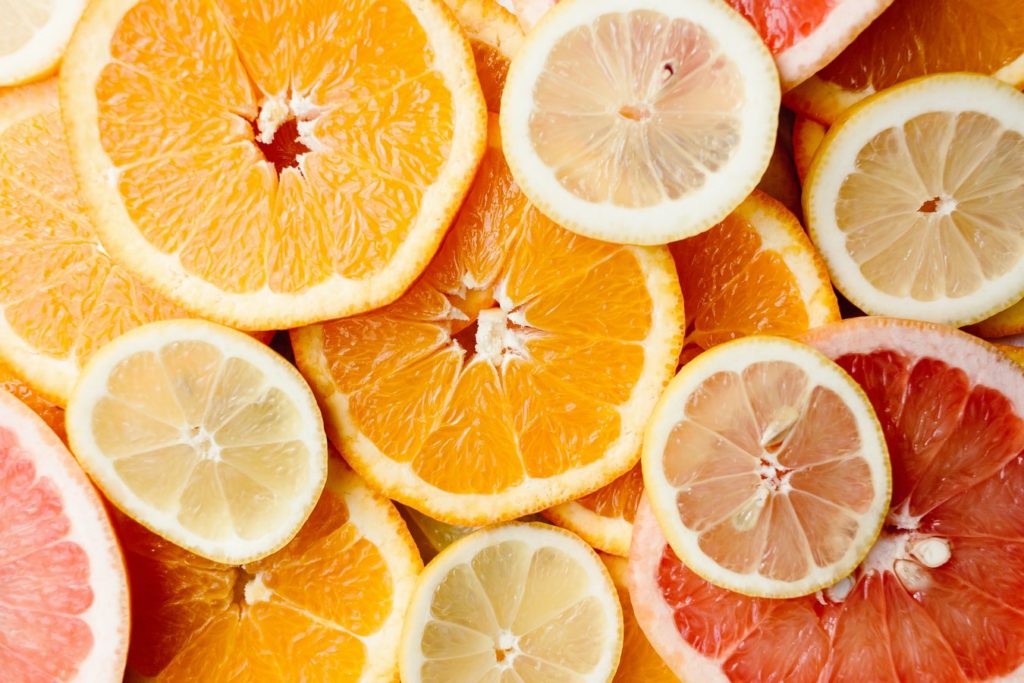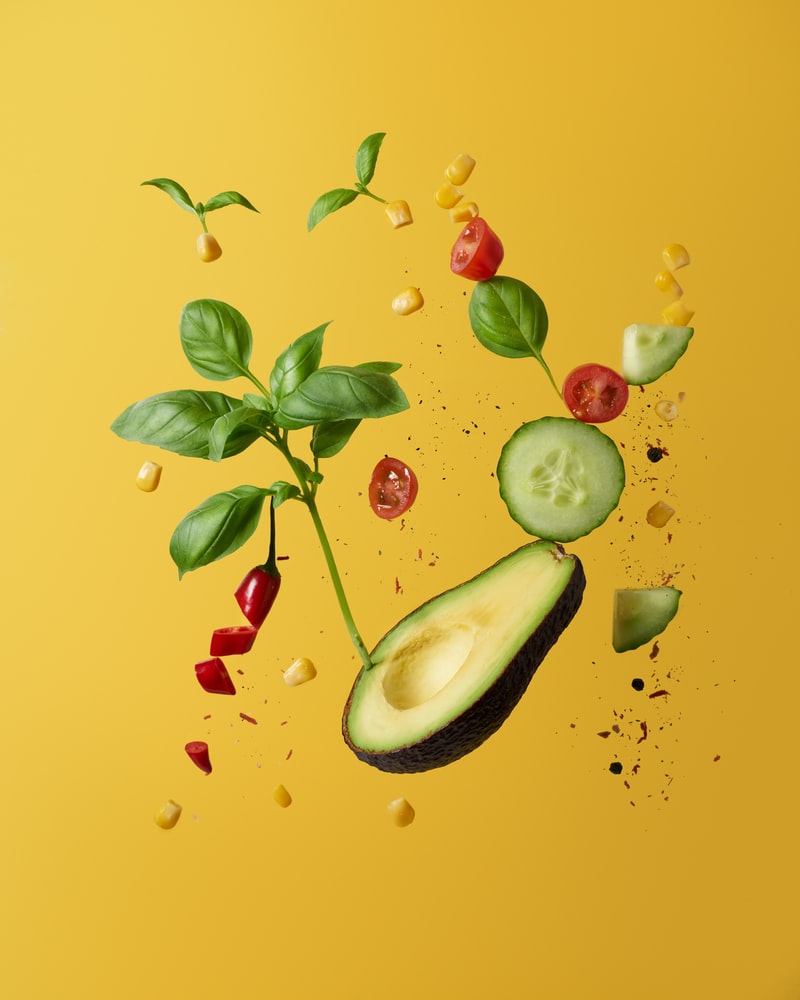ADHD is very common, especially amongst younger kids. Can an ADHD diet plan help curb symptoms? Here is everything you need to know about the foods to eat and avoid when it comes to ADHD.
Attention Deficit Hyperactivity Disorder, also known as ADHD, is a neurodevelopmental disorder. It is most common in children but can last into adulthood. Symptoms of ADHD are usually difficulty paying attention, restlessness, hyperactivity as well as impulsivity. There is no main cause of ADHD but there are many ways to treat and live with it.
There is no scientific evidence that proves some foods or diets cause ADHD. However, some foods can trigger or ease symptoms of ADHD.
What Is An ADHD Diet?
A diet that is meant to help ease symptoms of ADHD involves specific foods or supplements. Our eating habits play a huge role in how our brains work. Some foods can cause restlessness and hyperactivity while others can help stimulate healthy mental functions.
Supplements
Incorporating supplements into your ADHD diet will help you get additional nutrients that you may not be getting from food. If you aren’t getting enough or specific nutrients, you may experience more symptoms of ADHD.
Elimination
Most diets are on a trial and error base. An elimination diet involves not eating foods or ingredients that may trigger ADHD responses. If the behaviors stop once the food/ingredients are no longer ingested, than you know to continue not eating that food. However, if the behaviors continue, it may not be because of that food and be something else.

ADHD diet Foods & Supplements
There aren’t many studies on food and ADHD. Although, certain foods are linked to bettering or worsening mental functions. The term brain food means foods or diets that boost brain activity, memory and concentration. Here are some foods that can help improve mental function and ease symptoms of ADHD:
Protein
Foods that are rich in protein can have many benefits for your body, health and brain. Proteins are used by the body to make neurotransmitters, which are the chemicals the brain cells release in order to communicate with each other. Food that is high in protein can prevent blood sugar increases which raise hyperactivity and impulsivity.
Lean beef, pork, poultry, fish, eggs, beans, nuts and soy are all food options that are high in protein.
Complex Carbohydrates
Carbohydrates also prevent spikes in blood sugar. Eating certain carbs can help us fill full longer which may help curb cravings for sugary foods. Even eating these carbohydrates before bed can help promote a better sleep.
Fruits, vegetables, whole-grain pasta & bread, brown rice, beans and lentils are all options of complex carbohydrates.

Vitamins & Minerals
Several studies link low levels of micronutrients like iron, magnesium, zinc and vitamin B-6 with ADHD. It isn’t known if these nutrients lower the likelihood of developing ADHD. However, they can help improve and ease symptoms. Vitamin and mineral supplements are important in any diet.
- Iron (beef, live, kidney beans and tofu)
- Zinc (meat, shellfish, beans and nuts)
- Magnesium (pumpkin seeds, almonds, spinach and peanuts)
- Vitamin B-6 (eggs, fish, peanuts and potatoes)
- Vitamin D (fatty fish, beef liver, egg yolks, fortified foods)
- Omega-3 Fatty Acid (fatty fish, walnuts, chia seeds, flax seeds,)
ADHD Diet plans
There is no said cure for ADHD, but there are some ways to ease symptoms. These diets contain all the necessary foods and nutrients that can be beneficial to those with ADHD.
The Mediterranean Diet
The Mediterranean diet or MIND diet is well known for its health benefits. It is linked to a healthy brain and heart and involves eating fruits, veggies, olive oil, nuts and legumes.
Learn more about the MIND DIET
The Few Foods ADHD Diet
This is a short-term diet plan that allows people to determine whether or not certain foods trigger or worsen ADHD symptoms. It involves restricting and eating a small number of foods that are not likely to cause a reaction. If there is a reduction in symptoms, it could prove an allergy or intolerance may be making their ADHD symptoms worse.
Elimination ADHD Diet
The elimination diet involves eliminating certain foods that could be worsening ADHD symptoms. This entails removing artificial additives and preservatives from the diet. However, this diet is said to have small effect on ADHD symptoms but is beneficial to overall health.

Foods To Avoid or Limit
Sugar
This is one of the most common foods that can trigger the symptoms of ADHD. It is the primary source of hyperactivity. Cutting back on eating too much of sugar will help reduce the symptoms of ADHD. Limiting or avoid sugar also reduces the risks of developing obesity, diabetes and tooth decay.
Simple Carbohydrates
Sugar is also a simple or refined carbohydrate but there are others to avoid as well. These simple carbohydrates can contribute to blood sugar level changes and should only be consumed in moderation.
- White rice, white pasta & white bread
- Candy
- Potatoes without skin
- Chips
- Sodas
Caffeine
Small amounts of caffeine can be beneficial for those with ADHD. However, when combined with certain medications, it can cause unfavorable reactions. People with ADHD and are on medication should avoid or limit caffeine intake.
Artificial Additives
The American Academy of Pediatrics suggest children avoid foods with artificial additives. These additives often can worsen symptoms of ADHD. Additionally, these artificial additives can impede on hormones, development and growth. Many processed and prepackaged foods contain these additives.
- Breakfast cereals
- Cookies & candy
- Sodas & soft drinks
- Vitamins for children
Allergies
Some research shows that eliminating potential allergens like gluten, wheat and soy can improve concentration while reducing hyperactivity.
Other ADHD Diet Plans & Tips
Having a routine when it comes to nutrition is beneficial for our overall health. It allows our bodily functions to improve and become regular. Here are some ADHD diet tips:
- Balances meals – include vegetables, whole grains, proteins and omega-3’s in most meals.
- Schedule meals and snacks – routine is important especially for those with ADHD.
- Keep heathy foods available – have fruits, nuts or chopped veggies ready and available.
- Read the ingredients – check the labels on packaged foods and avoid foods with artificial additives or high amounts of sugar.
- Shop the perimeter – the perimeter of the grocery store has less processed and artificial foods.

@simplestory
Summary
There is not sufficient research that tells whether or not certain foods cause ADHD. However, there are brain foods that can improve our mental functions, like memory and concentration. Eating enough protein, complex carbohydrates and supplementing nutrients with vitamins is an efficient way to ease symptoms of ADHD. Proteins and complex carbs help reduce fluctuations in blood sugar levels which can lead to hyperactivity and impulsivity. Lastly, food allergies or eating too much artificial additives can trigger ADHD behaviors. Check out the MIND diet, stay on a meal routine and cut out processed or artificial foods.
Read More:
How To Recognize and Treat ADHD
20 Effective Communication Tips
Follow Us on Instagram!
Stay Connected

bookmarked!!, I like your website! donate for ukraine